Episodes
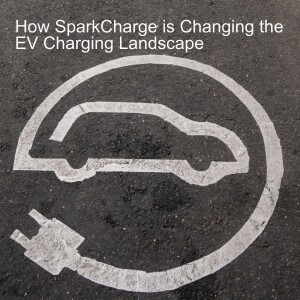
Friday Dec 15, 2023
Friday Dec 15, 2023
EV charging takes center stage in this week’s podcast! My guest Adam Urban (Director of Engineering – SparkCharge) joins me to chat about how SparkCharge is changing the EV charging landscape. We dig into the details of their Roadie mobile DC fast charger, what their SparkCharge Out of Charge (OOC) Program is all about, and where Adam sees EV charging heading in the future. Also this week, I investigate how the feathers of a eastern bluebird could help usher in advancements in battery technology.
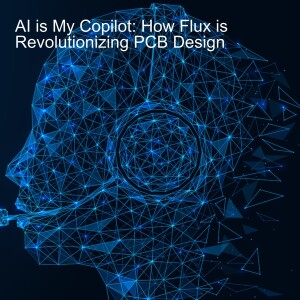
Friday Dec 08, 2023
AI is My Copilot: How Flux is Revolutionizing PCB Design
Friday Dec 08, 2023
Friday Dec 08, 2023
My podcast guest this week is Mattias Wagner from Flux! Mattias and I investigate the role that AI plays in the Flux PCB design platform. We also delve into the details of the Flux Method, Flux Model and Flux Co-pilot, and discuss why working smarter not harder is cornerstone to the Flux mission. I also investigate why the discovery of phosphorus in the outer reaches of the galaxy could have major implications for the possibility of alien life.
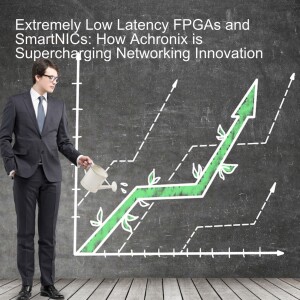
Friday Dec 01, 2023
Friday Dec 01, 2023
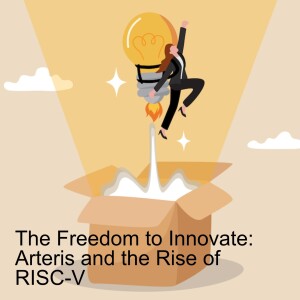
Friday Nov 03, 2023
The Freedom to Innovate: Arteris and the Rise of RISC-V
Friday Nov 03, 2023
Friday Nov 03, 2023
The adoption of RISC-V is spreading. Versatility and “freedom to innovate” are powering the ecosystem. In this week’s Fish Fry podcast, Frank Schirrmeister from Arteris and I explore how to enable better architecture optimization, manage different protocols with ease, and reduce interconnect area plus power consumption with network-on-chip IP. Also this week, I check out new soft medical micro robots developed by a team of researchers from the University of Waterloo.
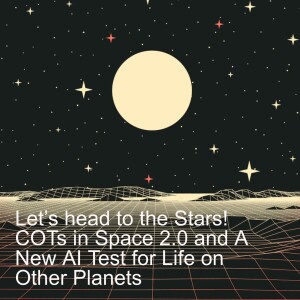
Friday Oct 20, 2023
Friday Oct 20, 2023
We are headed to space this week! My guest is Pratish Shah from AItech and we are talking all about Space 2.0. We examine the role that COTS play in Space 2.0 designs, the ruggedization design concerns that come along with these applications and why Pratish believes that we will see a greater convergence of Mil/Aero and Space 2.0 engineering practices in the future. Also this week, I investigate the age-old question: are we alone in the universe? And how AI may finally help us unlock the mystery.
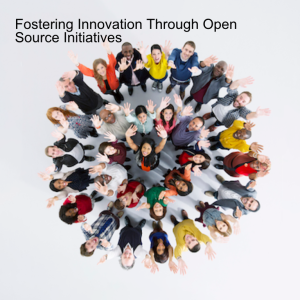
Friday Aug 25, 2023
Fostering Innovation with Open Source Initiatives
Friday Aug 25, 2023
Friday Aug 25, 2023
Open source is the name of the game this week! Arun Gupta from Intel and I investigate the many ways that open source initiatives can foster innovation. We also chat about Intel’s history in the open source community, the evolution of Intel’s open source strategy and the progressive open source initiatives Intel is working on right now. Also this week, I check out the details of an open source tool from MIT's Senseable City Lab that can help people measure air pollution cheaply from anywhere.
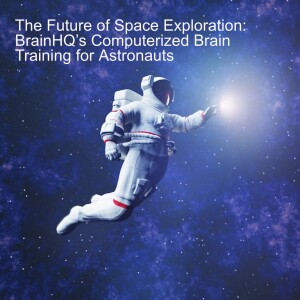
Friday Aug 11, 2023
Friday Aug 11, 2023
This week Fish Fry is headed to space! My guest Mouna Attarha (Posit Science) and I explore a new study conducted by NASA that examined the benefits of computerized brain training for astronauts during long-distance space travel. We also chat about the adverse effects that space travel has on the brain and the exercises included in Posit Science’s BrainHQ app. Also this week, I investigate new research that may give astronauts a new way to easily quench their thirst on the moon.
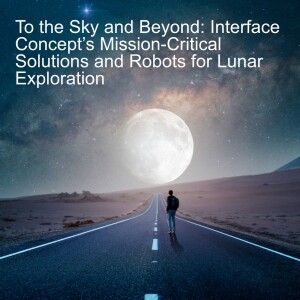
Friday Jul 21, 2023
Friday Jul 21, 2023
What have I got cooked up for you for this week’s Fish Fry podcast? First, my guest is Pierre Ansquer from Interface Concept and we are talking about 3U VPX, SBCs, packaged ethernet switches, and a whole lot more! Also this week, I investigate new mineral collecting robots developed by ETH Zurich and why these legged robots could be a game changer for space future travel.
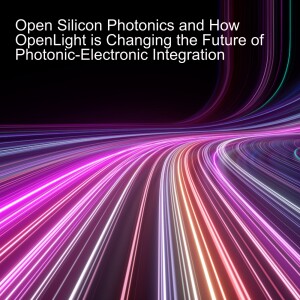
Friday Jul 14, 2023
Friday Jul 14, 2023
This week’s Fish Fry podcast is all about photonic-electronic integration! My guest Dr. Adam Carter (CEO - OpenLight Photonics) and I discuss why there is a growing need for greater photonic-electronic integration, the role that PICs and on-chip optical amplification play in LiDAR applications, and the details of OpenLight’s open silicon photonics platform with integrated lasers. Also this week, I investigate a new experimental laser therapy that was able to boost short term memory.

Friday Jun 16, 2023
All Charged Up! Grid Forward Plots a Path to Electric Grid Modernization
Friday Jun 16, 2023
Friday Jun 16, 2023
My guest this week is Bryce Yonker, Executive Director of Grid Forward - an industry association dedicated to electric grid modernization through advanced technology, policy progress and business innovation. Bryce and I discuss Grid Forward’s mission, main activities, the variety of members involved in this organization, and why they chose to schedule their EV-Grid symposium at the same time as this year’s FIA Formula E World Championship! Also this week, keeping with our EV theme, I investigate an in-road inductive charging system developed by car maker Stellantis.

